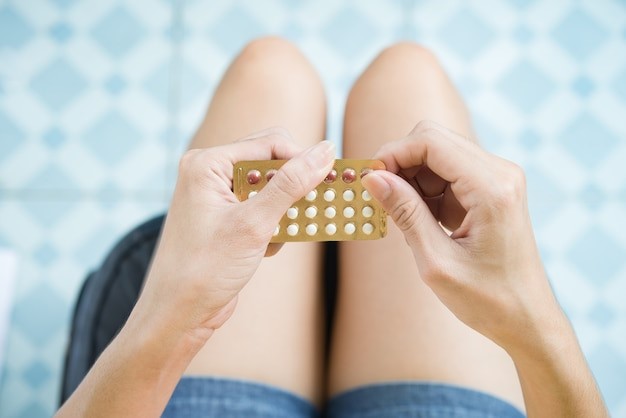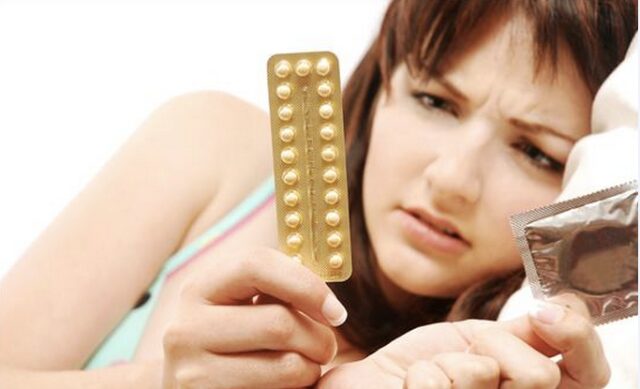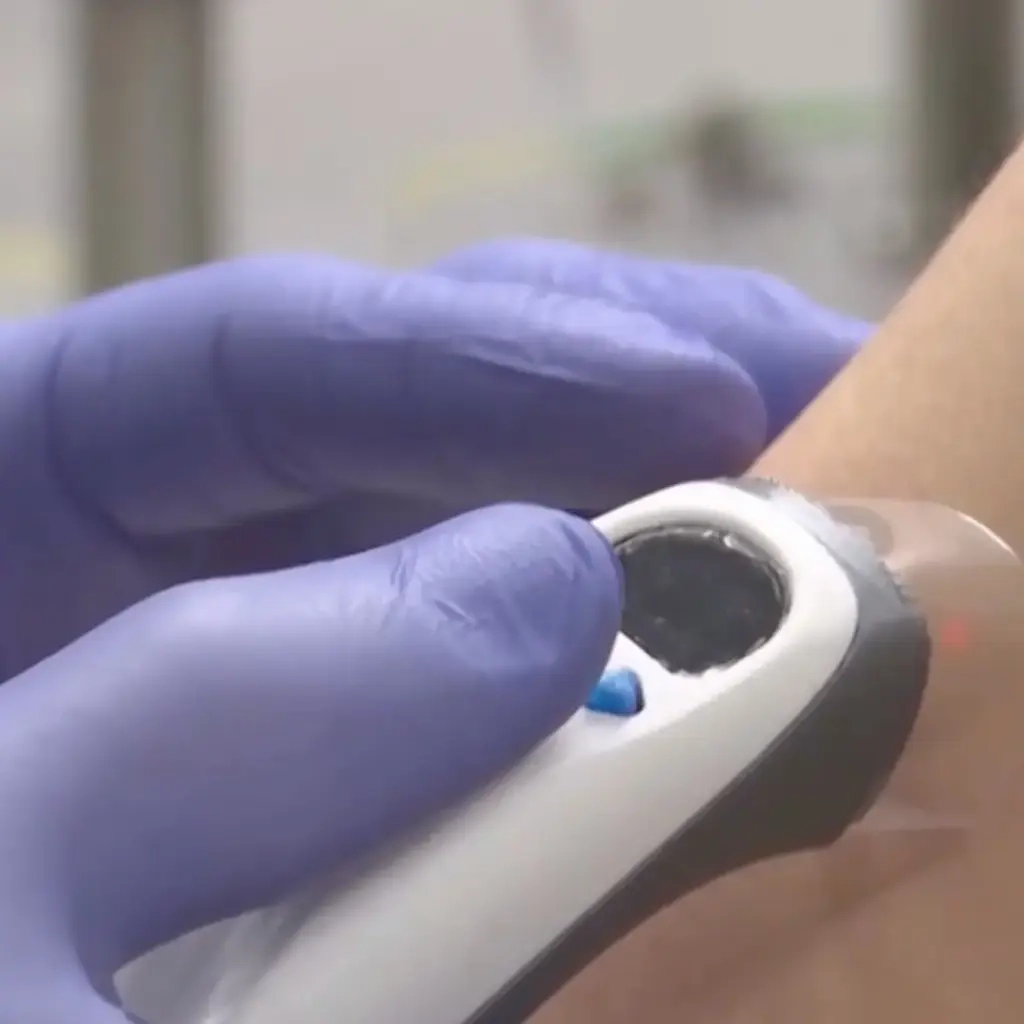
Navigating the teenage years can feel like walking a tightrope—balancing newfound independence with the challenges of growing up. One significant aspect of this journey is sexual health, which brings us to a pressing question: should teens be allowed to obtain birth control pills? This topic is not just a matter of personal choice; it touches on health, autonomy, and the responsibility that comes with growing up. In this article, we’ll explore the arguments for and against teen access to birth control pills, the implications for health and well-being, and why this conversation matters now more than ever.
The Landscape of Teen Sexual Activity
Understanding the Context
Let’s start with some eye-opening statistics. According to the Centers for Disease Control and Prevention (CDC), nearly 40% of high school students have engaged in sexual intercourse. That’s a significant number! With so many teens becoming sexually active, it’s crucial to ensure they have the necessary tools to make informed decisions about their health.
The Risks of Unplanned Pregnancies
Unplanned pregnancies can dramatically alter a teen’s life trajectory. Research shows that teens who become pregnant are less likely to finish high school and more likely to face economic challenges later in life. The emotional and physical toll of an unplanned pregnancy can be overwhelming, not just for the teen but for their families as well. Providing access to birth control pills can be a game-changer, helping to reduce the rates of unintended pregnancies and allowing teens to focus on their education and personal development.
The Case for Access to Birth Control Pills

Empowering Teens Through Autonomy
One of the strongest arguments for allowing teens to obtain birth control pills is the principle of autonomy. Just as we trust young people to make decisions about their education and career paths, we should also trust them to make informed choices about their sexual health. Imagine giving a teenager the keys to their own car; they need to learn how to drive responsibly. Similarly, giving them access to birth control empowers them to take control of their bodies and futures.
Confidentiality Matters
Confidentiality is another critical factor in this discussion. Many teens feel uncomfortable discussing sexual health with their parents, fearing judgment or backlash. This fear can prevent them from seeking necessary care. By allowing teens to access birth control pills without parental consent, we create a safe space for them to take charge of their health. This is particularly important for those who may be in abusive or unsupportive home environments. When teens feel safe and supported, they are more likely to make responsible choices.
Health Benefits Beyond Contraception
Let’s not forget the health benefits that come with birth control pills. They’re not just about preventing pregnancy; they can also help with various health issues that many teens face. For example:
- Regulating Menstrual Cycles: Many teens experience irregular periods, which can be both uncomfortable and inconvenient. Birth control pills can help regulate cycles, making life a bit easier.
- Reducing Acne: Hormonal fluctuations can lead to acne, a common concern among teenagers. Some birth control pills can help manage this issue, boosting self-esteem and confidence.
- Managing Menstrual Pain: For those who suffer from severe cramps or other menstrual-related issues, birth control pills can offer significant relief.
These health benefits highlight the importance of access to birth control pills for teens, as they contribute to overall well-being and quality of life.
READ ALSO:
Addressing the Counterarguments

The Role of Parental Involvement
While the arguments for access are compelling, it’s essential to consider the counterarguments. One of the primary concerns is parental involvement. Many believe that parents should have a say in their children’s health decisions, especially regarding sexual health. After all, parents often want what’s best for their kids and may worry about the implications of their choices.
Concerns About Irresponsibility
Another concern is the potential for teens to engage in risky behavior if they believe they can access contraception without consequences. Critics worry that this might lead to an increase in sexual activity among teens, which could have emotional and physical ramifications. However, studies suggest that access to contraception does not necessarily lead to increased sexual activity; rather, it allows teens to engage in sexual activity more safely.
Finding Common Ground

Comprehensive Sex Education
To address the concerns surrounding teen access to birth control, it’s crucial to implement comprehensive sex education programs. These programs should not only cover the mechanics of reproduction but also emphasize the importance of consent, healthy relationships, and responsible decision-making. When teens are educated about their bodies and the implications of their choices, they are more likely to make informed decisions regarding their sexual health.
Encouraging Open Communication
Encouraging open communication between parents and teens is also vital. Parents should feel comfortable discussing sexual health with their children, and teens should feel safe approaching their parents with questions or concerns. By fostering a supportive environment, we can bridge the gap between parental involvement and teen autonomy.
READ ALSO:
The Medical Perspective
From a medical standpoint, healthcare providers play a crucial role in guiding teens through their reproductive health decisions. When a teen visits a healthcare provider for birth control, the provider typically conducts a thorough assessment. This includes discussing the teen’s medical history, understanding their menstrual cycle, and addressing any concerns they may have.
Once the healthcare provider determines that birth control pills are an appropriate option, they can explain the different types available, their effectiveness, and potential side effects. This process not only empowers teens with knowledge but also helps them feel more comfortable making decisions about their health.
The Importance of Follow-Up
After starting birth control, follow-up appointments are essential. These visits allow healthcare providers to monitor the teen’s health, address any side effects, and make adjustments if necessary. This ongoing support is vital for ensuring that teens have a positive experience with birth control and feel confident in their choices.
Conclusion
The question of whether teens should be allowed to obtain birth control pills is complex and multifaceted. While there are valid concerns regarding parental involvement and potential irresponsibility, the benefits of access—empowerment, safety, and health—are significant. By providing teens with the tools they need to make informed choices about their sexual health, we can help them navigate the challenges of adolescence with confidence and responsibility.
Ultimately, it’s about striking a balance between autonomy and guidance, ensuring that young people have the support they need while respecting their ability to make decisions about their own bodies. As we move forward, let’s continue to engage in these important conversations and work towards solutions that prioritize the health and well-being of our teens.
FAQs
1. What are the benefits of birth control pills for teens?
Birth control pills can help regulate menstrual cycles, reduce acne, alleviate menstrual pain, and prevent unplanned pregnancies.
2. Can teens access birth control pills without parental consent?
In many places, teens can obtain birth control pills without parental consent, although laws and regulations vary by state or country.
3. How can parents talk to their teens about birth control?
Parents can approach the topic by fostering open communication, asking questions, and providing accurate information about sexual health and contraception.
4. Does access to birth control increase sexual activity among teens?
Research indicates that access to birth control does not necessarily lead to increased sexual activity; rather, it allows teens to engage in sexual activity more safely.
5. What role does sex education play in teen health?
Comprehensive sex education provides teens with essential knowledge about their bodies, relationships, and responsible decision-making, helping them navigate their sexual health effectively.

